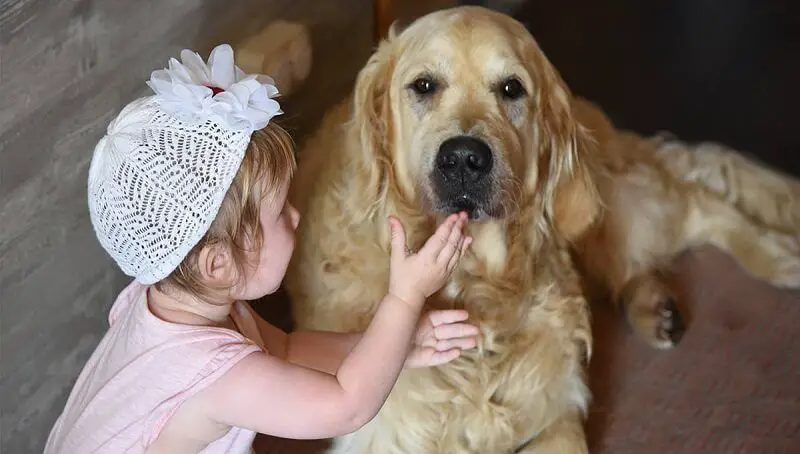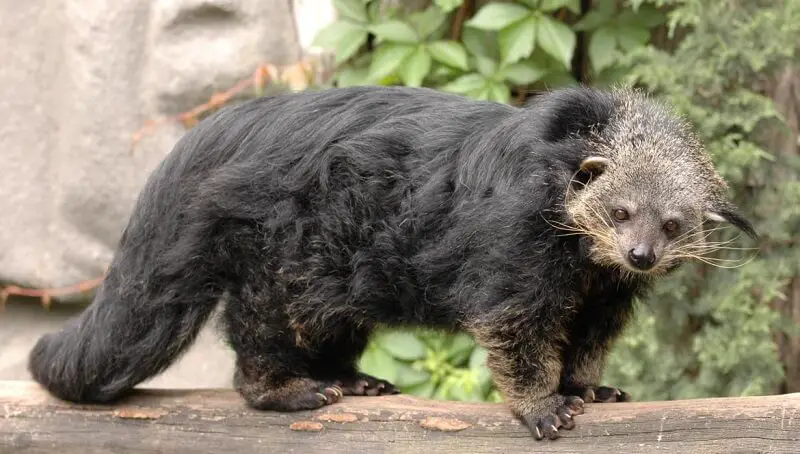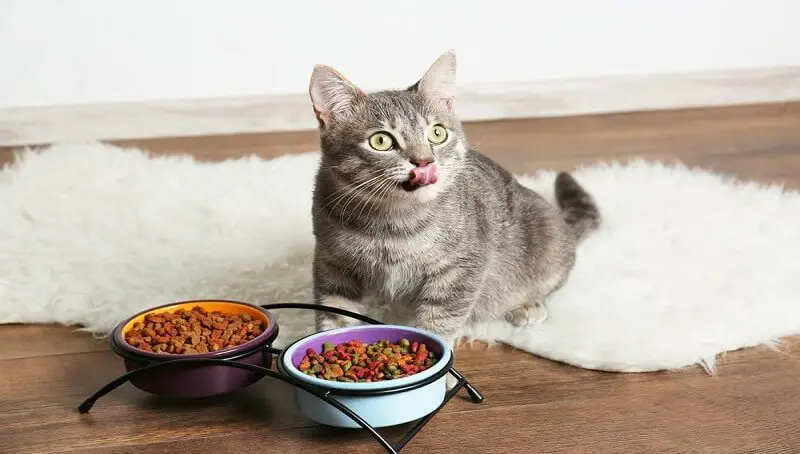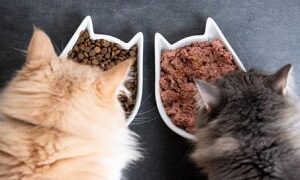
Proper Dog Breeds for Kids and Families
October 4, 2022
Interesting Facts About The Binturong
October 5, 2022
Proteins are found in the structure of all living organisms. They are macromolecular organic substances made of amino acid chains. For normal growth and proper tissue function, cats need animal protein. An essential amino acid for cats is taurine, which in nature is sourced from the brains of mice. In the past, the lack of taurine in the food of domestic cats, which received mostly industrially processed food, led to blindness and heart disease. Food producers have remedied this deficit.
Cats need to eat more protein than most of the domestic animals do. Cats break down dietary proteins into amino acids, which they burn for energy or use to produce new proteins. Cats can’t produce all the 22 amino acids they need, so they need to get 11 of the essential amino acids from food.
Deficiencies of essential amino acids can lead to serious health problems. This is why your cat needs a diet that contains animal protein. If you want to buy dry food with optimal protein content, try different brands and you will discover a wide range of products specially designed for cats.
Benefits of protein in cats
The benefits of protein in the cat’s diet are numerous. Because they cannot produce all these basic elements in their body, they rely on the essential amino acids from the diet. The proteins found in proper cat food, represented by meat and fish, must contain all the essential amino acids for the formation and maintenance of healthy muscles, but also for the maintenance of its healthy fur. Protein is also a key element for the immune system of cats.
You might also like my articles about:
- Foods you should never give your cat
- Whether there is a cat food shortage in the US
- How much should you feed kittens
If your cat does not get enough protein, it will not develop harmoniously, it will have a fur coat with a not-so-neat appearance, and in addition, it will be prone to infections due to the weakened immune system.
Recommendation of veterinarians
Because cats are carnivores, they need a lot of protein in their daily diet. Before being domesticated, wild cats used to hunt and get all the essential nutrients from their prey: rodents, birds, fish, etc. Today, caring for the cat’s nutrition is our responsibility.
 Many veterinarians believe that a higher amount of protein is more beneficial. Most cats will need 35% to 45% protein daily, and it is important that the cat is fed animal protein, not vegetable protein. For example, an adult cat should consume a minimum of 3,5-4,5 g of protein per kg of body weight.
Many veterinarians believe that a higher amount of protein is more beneficial. Most cats will need 35% to 45% protein daily, and it is important that the cat is fed animal protein, not vegetable protein. For example, an adult cat should consume a minimum of 3,5-4,5 g of protein per kg of body weight.
Cats also need a certain amount of energy to support normal daily activities. Growth, gestation, breastfeeding, and exercise increase these normal energy requirements. Measured in calories, the cat’s energy comes from three major dietary components: carbohydrates, protein, and fat.
Young cats require food with a protein content of 30-35%. Ideally, a kitten should get between 35% and 45% protein to grow healthy and develop strong muscles and tissues. Proper nutrition will also ensure optimal development, minimize the risk of disease, and keep the little cat’s teeth clean and strong.
Older cats are at a high risk of a condition called sarcopenia, which causes them to lose muscle mass. It is caused by several factors, including low activity levels, protein deficiency, diseases, neurological disorders, and musculoskeletal disorders. Therefore, a senior cat should be fed high-quality meat proteins and avoid plant proteins, which cannot be digested well nor do they have the necessary amounts of amino acids. Older cats are also at risk of developing kidney disease, so protein intake must be reduced.
Cats can be vegetarian?
Certainly not. Cats cannot be vegetarian because their bodies cannot synthesize vitamins and other essential nutrients other than meat. In extreme cases, the cat can support a diet based on vegetable protein, but it also needs animal protein, otherwise, its health will deteriorate.
What are the best sources of protein in a cat’s diet?
The best source of protein is lean meat: Rabbit, duck, chicken, white fish or salmon, beef, pork, and so on. Some co-products and dried eggs can also be included in a cat’s diet. Avoid recipes that contain soy, too many peas, and by-products. A formula with 40% soy protein is worse than a formula with 35% meat protein.
There are major differences between the nutritional needs of humans and cats. First of all, cats need meat protein and animal fats, but they have a low-carb diet. Therefore, you need to provide your cat with quality food. Choose a specialty brand that shows the certainty of proper feline nutrition.
